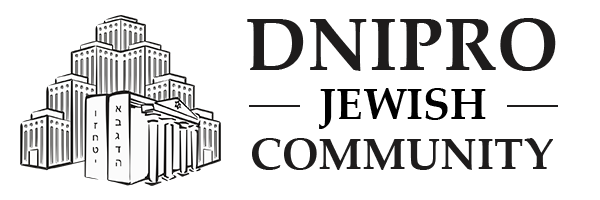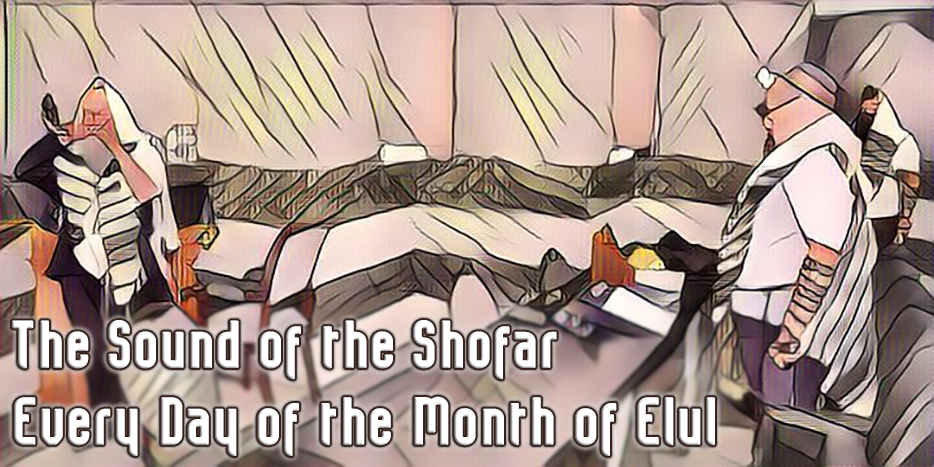Throughout the entire month of Elul, the shofar is blown in synagogues worldwide after the conclusion of the morning prayer, Shacharit. The shofar is also blown in other places and at other times, as it is important for every Jew to hear this sound and be reminded of the approaching Rosh HaShanah.
In Dnipro, the central synagogue blows the shofar at the end of every prayer service.
Note: The shofar is not blown on Shabbat!
Unlike the commandment to blow the shofar on Rosh HaShanah, the blowing of the shofar during the month of Elul is a custom intended to prepare us for the Day of Judgment and inspire us to perform Teshuvah (repentance).
The sages said: “The sounds of the shofar awaken one to repentance.” Therefore, it is customary to blow the shofar after the morning prayer, starting from the second day of the new moon of Elul and continuing until the day preceding the eve of Rosh HaShanah. The shofar is not blown on the eve of Rosh HaShanah to distinguish between the blowing associated with the commandment on Rosh HaShanah and the blowing during Elul, which is merely a custom.
The sounds of the shofar are of three types:
Tekiah – a long, continuous sound that ends abruptly;
Shevarim – three medium-length sounds separated by short intervals;
Teruah – nine short, staccato sounds;
A prolonged tekiah is called Tekiah Gedolah.
The sound of the shofar is very significant in Jewish tradition. When Moses ascended Mount Sinai on Rosh Chodesh Elul to receive the new Tablets of the Covenant, the Jews in the camp blew the shofar. In memory of this, Jews blow the shofar from the beginning of Elul – to remind us of how Moses ascended to the Almighty and to reaffirm that Israel repented for the sin of the Golden Calf, eradicated and atoned for it, and therefore the Almighty in His mercy gave them new Tablets after forty days. This reminder should awaken in every Jew a desire for Teshuvah – repentance and return to the Almighty.
The shofar is blown after the morning prayer because Moses, in his time, ascended the mountain early in the morning.
Although one can repent and return to the Almighty at any time, the days of Elul are more suitable for this than other days of the year – during these days, the Almighty accepts our repentance with greater readiness. For in Elul, forgiveness and mercy are awakened in the Heavens, and our repentance is more readily accepted.
Those who meticulously observe the commandments of the Torah usually use this month to check the kosher status of their tefillin and mezuzot, as well as other items related to the performance of mitzvot. Anything that requires correction is immediately addressed.
From the beginning of Elul until the end of Yom Kippur, it is customary to greet one another and wish for a favorable inscription on the Day of Judgment: “Ktiva v’chatima tova!” and a sweet and good year: “Shana tova u’metuka!” The quantity and sincerity of the wishes each person receives are taken into account when determining their fate for the coming year, so these phrases should be uttered not as formalities but with deep feeling, as a personal wish, a call, and a plea.
Those who write letters during this month should include at the beginning or end a wish that the recipient find favor and blessing from Heaven, so that they may be vindicated on the Day of Judgment, inscribed in the Book of Life, and merit a final sealing for good.




